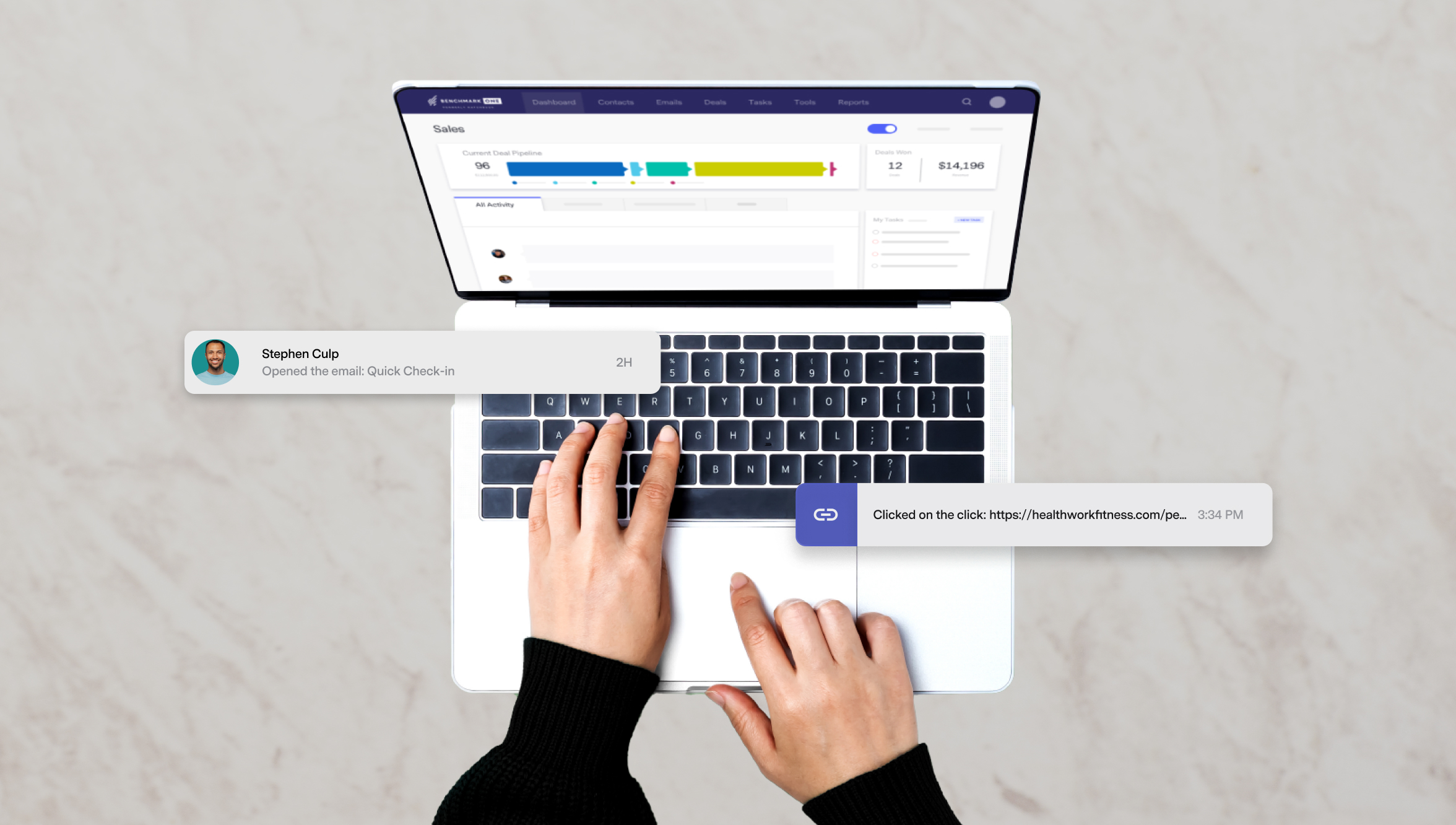Email Marketing vs. Social Media: Which is More Effective?
September 27, 2023 5 min read

Businesses are constantly seeking to maximize their online presence and find themselves grappling with the strategic dilemma of where to allocate their resources: email marketing or social media. These two stalwarts of the digital marketing realm have distinct approaches, advantages, and challenges, each wielding its own potential to engage audiences and drive conversions. Email marketing, with its personalized and targeted communication, has long been a cornerstone of direct online engagement, while social media platforms offer unparalleled reach and a dynamic, visually-driven platform for interaction.
In this article, we embark on a comparative exploration of the effectiveness of email marketing and social media, dissecting their unique attributes and delving into the metrics that matter. By examining their strengths and limitations, we aim to guide businesses toward an informed decision, helping them navigate the evolving terrain of digital marketing confidently.
Email Marketing Breakdown
Email marketing refers to the practice of sending promotional messages or updates to a group of individuals via email. It has been a tried and tested method for businesses to connect with their customers for years.
Advantages:
- Direct and personalized communication: Email marketing allows businesses to have a one-on-one conversation with their customers. Personalization features such as merge tags and dynamic content make it possible to tailor the message according to the recipient’s preferences and behaviors.
- Higher conversion rates: Studies have shown that email marketing often leads to higher conversion rates compared to other marketing channels. This can be attributed to the fact that the recipients have already shown interest in the business by subscribing to their email list.
- Ability to target specific audiences: With email marketing, businesses have the ability to segment their audience based on descriptors, like demographics, engagement, where they are in the buyer’s journey, or purchase history. This allows for more targeted and relevant messaging.
Disadvantages:
- Can be considered intrusive: While some customers appreciate receiving promotional emails from businesses they are interested in, others may find it intrusive and may even mark them as spam. This can negatively affect the sender’s reputation and deliverability.
- Potential for low open and click-through rates: With the increasing volume of emails people receive on a daily basis, it can be a challenge for businesses to stand out in the inbox. Low open and click-through rates are common challenges that email marketers face.
- Requires continuous maintenance: Email marketing requires ongoing efforts to maintain a clean and engaged email list. Regular list cleaning, creating engaging content, and monitoring email deliverability are all essential tasks that need to be performed consistently.
Social Media Breakdown
Social media marketing, on the other hand, involves using social media platforms such as Facebook, Instagram, TikTok, and LinkedIn to promote a business and engage with its target audience.
Advantages:
- Wide reach and potential virality: Social media platforms have billions of active users, which means that businesses can potentially reach a large audience. Furthermore, the shareability of content on social media makes it easier for businesses to go viral and increase their reach exponentially.
- Engagement and brand awareness: Social media provides a platform for businesses to engage with their audience through comments, likes, shares, and direct messages. It also helps in building brand awareness by showcasing the business’s personality, values, and unique selling points.
- Cost-effective and measurable: Social media marketing can be a cost-effective strategy compared to other marketing channels. Many social media platforms offer advertising options that allow businesses to set a budget and track the performance of their campaigns.
Disadvantages:
- Algorithm changes and decreased organic reach: Social media platforms are known for their frequent algorithm changes, which can impact the visibility of a business’s content. Decreased organic reach means that businesses may have to invest in paid advertising to maintain their visibility.
- Less control over messaging and targeting: Unlike email marketing, where businesses have full control over the messaging and targeting, social media platforms have their own limitations. They may restrict certain types of content or have limitations on targeting options.
- Noisy and competitive environment: Social media is a noisy and competitive environment, with millions of businesses vying for attention. Standing out and getting noticed can be a challenge, especially for small businesses with limited resources.
Email Marketing and Social Media: How Do They Compare?
When comparing email marketing and social media marketing, it’s important to consider various factors:
Effectiveness in Different Marketing Goals
Depending on the marketing goals of a business, one strategy may be more effective than the other. For example, if the goal is to drive immediate sales, email marketing, with its higher conversion rates, might be the better choice. On the other hand, if the goal is to increase brand awareness and engage with a wider audience, social media marketing may be more suitable.
Cost and ROI Considerations
Both email marketing and social media marketing can be cost-effective strategies, but the cost structure and return on investment (ROI) may vary. Businesses should evaluate the costs associated with each strategy, such as email service provider fees or social media advertising budgets, and compare them to the expected ROI.
Targeting Capabilities
Email marketing offers precise targeting capabilities, allowing businesses to segment their audience based on specific criteria. Social media platforms also offer targeting options, but they may not be as advanced as email marketing. Businesses should consider the importance of targeting in their marketing strategy, especially when deciphering which approach will be more advantageous.
Engagement and Customer Relationships
Social media marketing excels in fostering engagement and building relationships with customers through direct interactions. Email marketing, on the other hand, allows for more personalized and direct communication. Before selecting a strategy, give a lot of thought to which approach aligns better with your customer relationship goals. If you’re looking to reach specific customers one-on-one, email marketing is the clear approach that will achieve that. If you’re looking to engage with a wider audience that may not yet subscribe to your emails, then social media is a great solution.
Both email marketing and social media marketing have their own merits and limitations. The choice between the two depends on the specific marketing goals and target audience of a business. Ultimately, a well-rounded marketing strategy may include elements of both email marketing and social media marketing to maximize reach, engagement, and conversion. By understanding the strengths and weaknesses of each strategy, businesses can make informed decisions and allocate their resources effectively.






